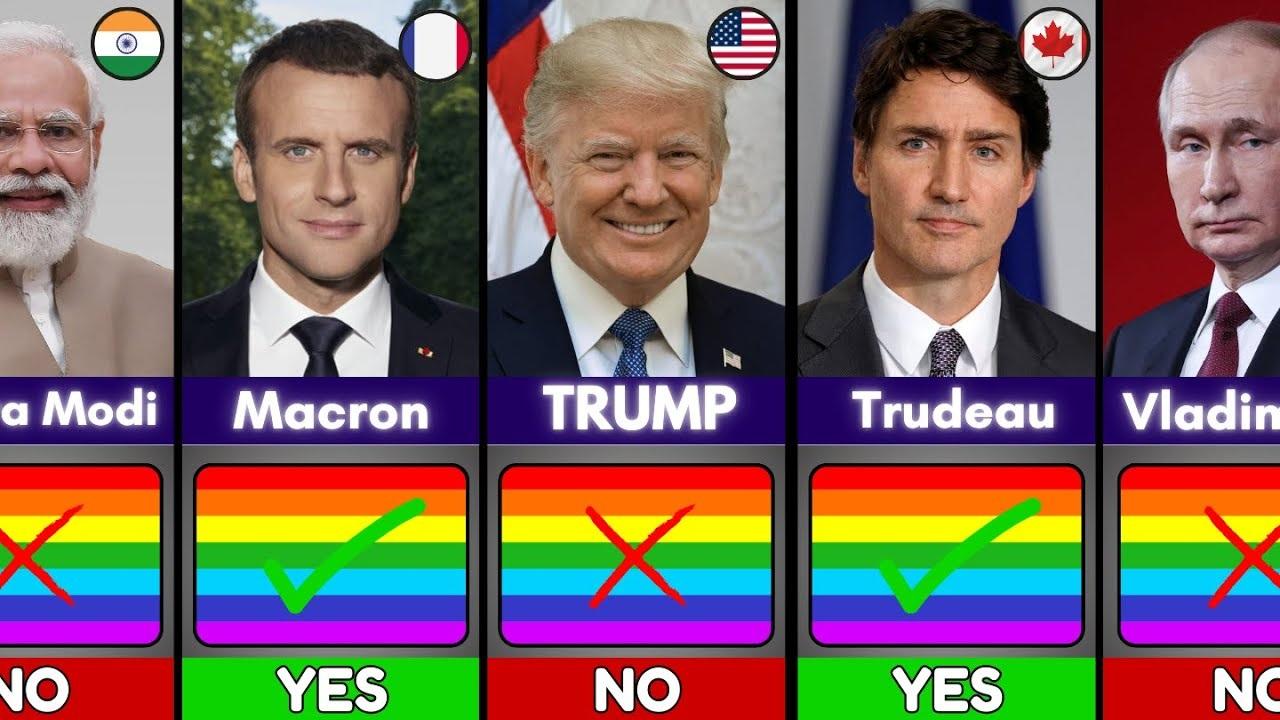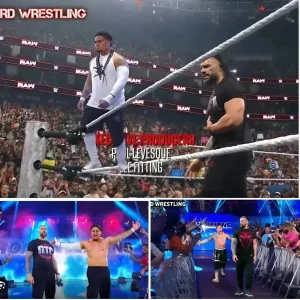In the era of globalization, LGBTQ rights have become a focal point in many nations. The stances of leaders across 195 countries vary widely, reflecting cultural, religious, and political differences. Some leaders openly champion LGBTQ rights, while others oppose them or remain neutral.

Many Western leaders, such as Canada’s Prime Minister Justin Trudeau and Germany’s Chancellor Olaf Scholz, actively support the LGBTQ community. They participate in Pride events, enact laws protecting equality, and promote anti-discrimination policies. Nordic countries like Sweden, Norway, and Denmark also have leaders who strongly advocate for progressive legislation on same-sex marriage and transgender rights. In Asia, Taiwan stands out with President Tsai Ing-wen, who spearheaded the legalization of same-sex marriage in 2019, a landmark achievement in the region.
Conversely, numerous leaders oppose or restrict LGBTQ rights. In the Middle East, countries like Saudi Arabia and Iran, led by Crown Prince Mohammed bin Salman and President Ebrahim Raisi, enforce strict policies, often criminalizing homosexuality. In Africa, leaders like Uganda’s President Yoweri Museveni have pushed harsh anti-LGBTQ laws, sparking international controversy. Russia, under President Vladimir Putin, has implemented laws curbing “homosexual propaganda,” limiting safe spaces for the community.
Some leaders adopt a neutral or ambiguous stance, particularly in Southeast Asia, where LGBTQ issues are often sidestepped in political discourse. In Vietnam, for instance, while homosexuality is not criminalized, leaders rarely voice public support.
This global divide among leaders highlights the challenges in achieving LGBTQ equality worldwide. While some nations move toward inclusivity, others face significant barriers, requiring persistent efforts from activists and international allies.






